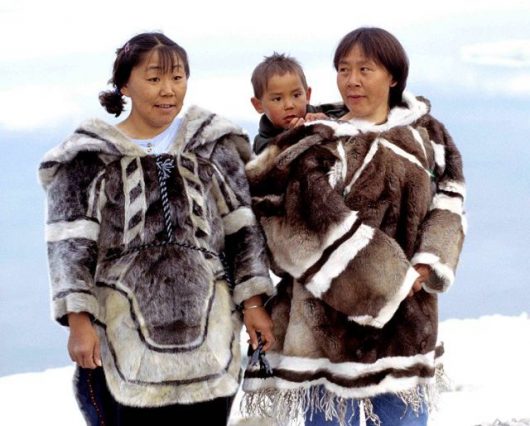No Education for Canada’s Indigenous Population
 Throughout Canada’s history, the Indigenous peoples of the territories have faced extreme racism, colonialism, hatred and violence. Canada’s Indigenous population has been so negatively represented throughout society, and resources that others take as basic rights have been unavailable to Indigenous peoples.
Throughout Canada’s history, the Indigenous peoples of the territories have faced extreme racism, colonialism, hatred and violence. Canada’s Indigenous population has been so negatively represented throughout society, and resources that others take as basic rights have been unavailable to Indigenous peoples.
According to the Conference Board of Canada, Indigenous peoples of Canada’s territories fall far behind the national average on several measures of equity and social cohesion. Indicators of their low averages include poverty, crime rates and income distribution.
The problems that Canada’s indigenous population faces stem from the lack of proper education offered to these individuals. According to Markets Insider, improvements need to be made in education accessibility as well as access to healthcare in order for social outcomes to improve for Indigenous peoples.
Because of the territories’ isolated geographic location, education and social service attainment for Indigenous people are very low, and infrastructure gaps create low social outcomes.
Canadian leaders are working to improve educational outcomes and access to healthcare by implementing policies that protect and support Canada’s Indigenous population. Cultural measures are also being taken to improve emotional, social and material support in areas that are more secluded.
People are pushing to improve these conditions for Canada’s Indigenous population at the educational level, including Maggie MacDonnell, winner of the Global Teacher Prize in March 2017.
MacDonnell grew up in Nova Scotia and witnessed racism and hatred toward Indigenous people throughout her childhood. By viewing injustice toward Indigenous people at such a young age, MacDonnell made it her goal to work in support of her Indigenous students at Ikusik School located in an Inuit village in Northern Quebec.
Because Indigenous peoples have been oppressed for much of Canada’s history, it is important for people like MacDonnell to stand up for their right to a quality education. Education systems like that of Ikusik School are a great benefit to improving the future of Canada’s Indigenous population.
Prime Minister of Canada Justin Trudeau acknowledged MacDonnell’s work and the necessity to improve education for Indigenous students. “As a society, we must acknowledge past mistakes,” Trudeau remarked as he highlighted the victims of Indigenous oppression at Canada 150—the 150th anniversary of the country.
Without proper education, Canada’s Indigenous population will be unable to meet the national average in areas including equity and social cohesion. Breaking away from the habitual oppression that has been inflicted on Canadian Indigenous peoples is a tough task, but with the efforts of Trudeau, Canadian leaders and passionate teachers like MacDonnell, it is becoming more feasible for the future.
– Kassidy
Photo: Google
